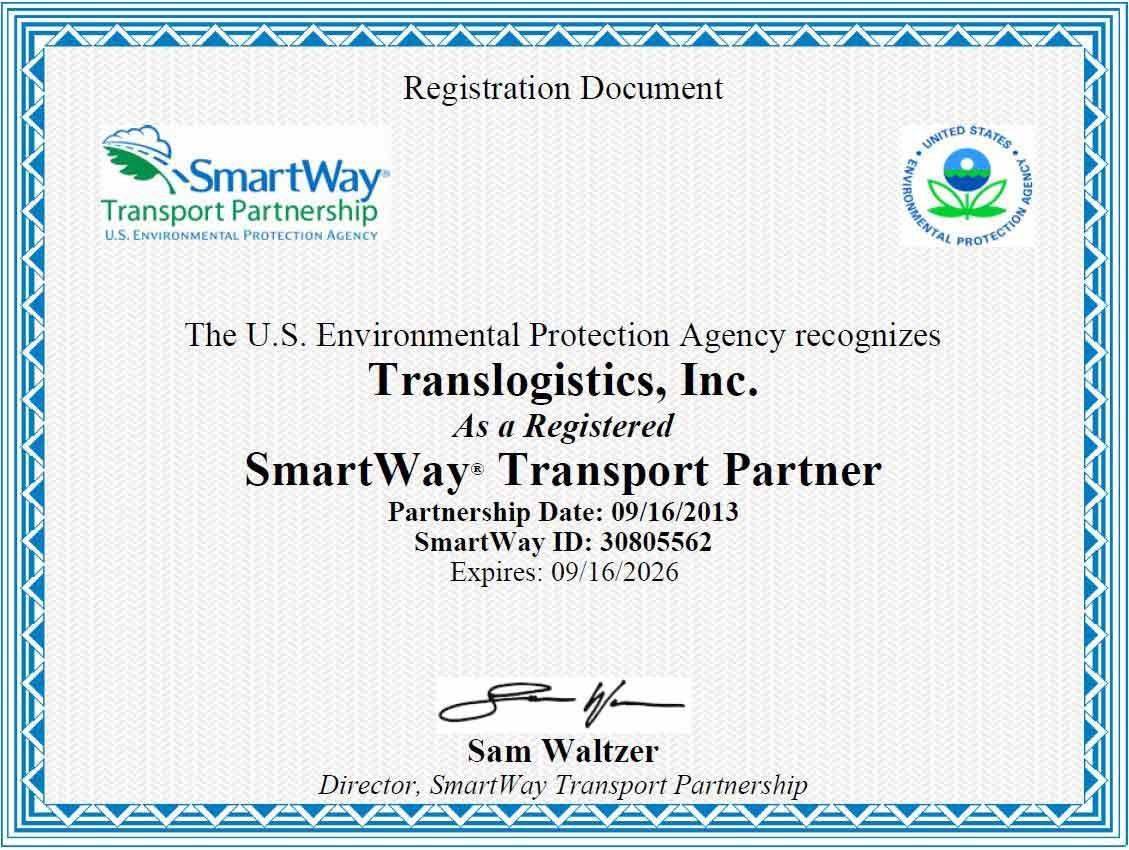Fuel Surcharge (FSC)
What is a Fuel Surcharge?
A fuel surcharge is an additional fee added to the base rate of shipping goods by truck, rail, or air to account for fluctuating fuel prices. It is a common practice in the transportation industry and is intended to help carriers offset the volatility in the cost of fuel, which can be one of their largest expenses.
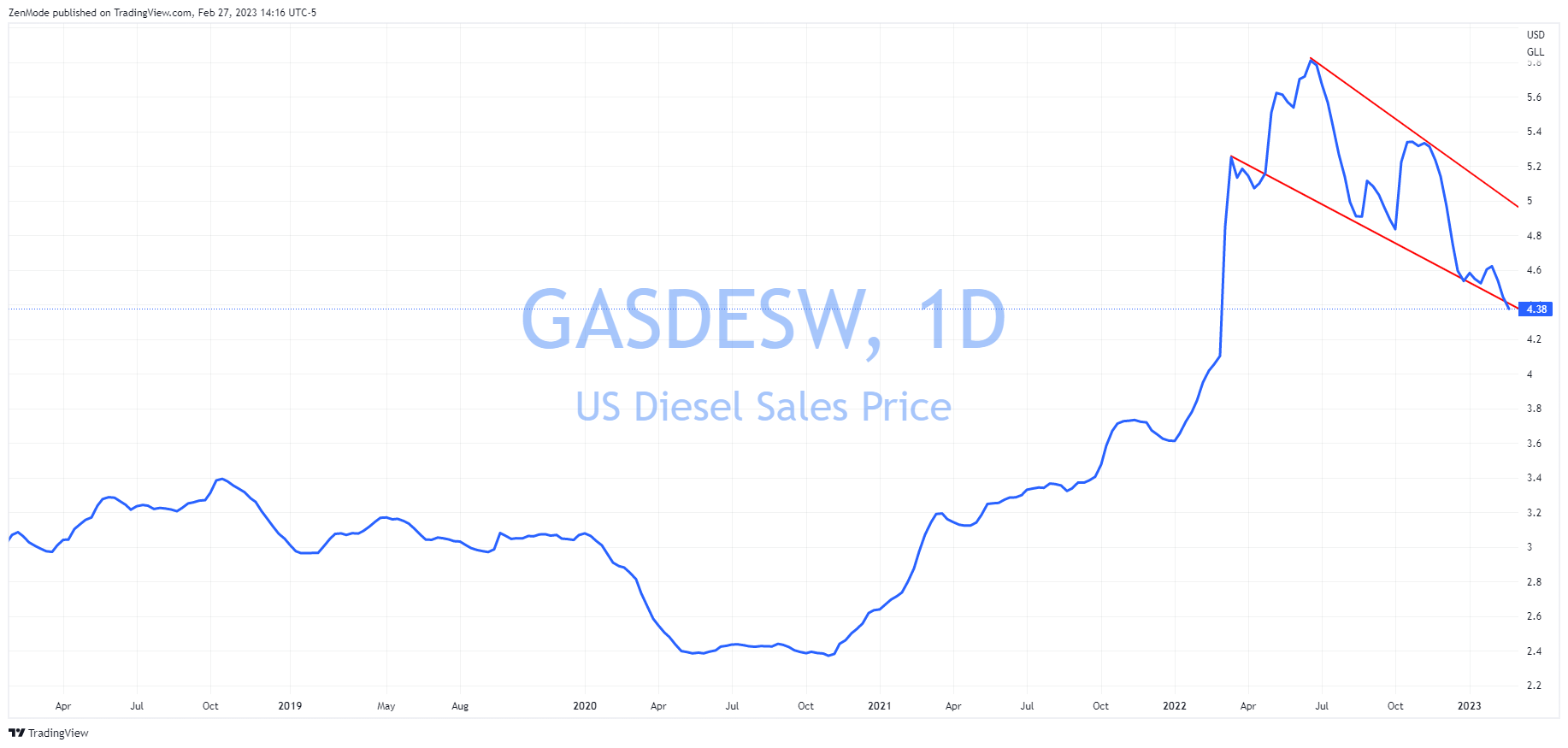
Fuel Surcharge Questions
TLI's negotiations aren't about just securing a deal; they're about fostering a fair and balanced partnership. Our data-driven approach holds carriers accountable while offering them protection in a volatile market, ultimately ensuring that both parties navigate fuel price changes equitably.

List of Services
-
How do I know if my FSC is accurate?List Item 1
Our freight audit services go beyond just checking bills; we meticulously audit carriers' freight bills against contracts to guarantee accurate and fair fuel surcharge invoicing.
With fluctuating fuel prices, discrepancies in surcharge billing can significantly impact your bottom line. TLI's dedicated team of experts specializes in scrutinizing each invoice, ensuring that the applied fuel surcharges align precisely with the agreed-upon contract terms. We leave no stone unturned, verifying rates, calculating surcharges, and cross-referencing against market standards to safeguard shippers financial interests.
-
How is the fuel surcharge calculated?List Item 2
Ensuring carriers are contracted accurately within a robust Transportation Management System (TMS) is paramount in today's logistics landscape, especially when it comes to accurately calculating fuel surcharge (FSC) charges. At Translogistics (TLI), we've encountered instances where carriers have billed shippers additional FSC by manipulating hauled miles—an alarming practice that highlights the necessity for precision in carrier contracts and rating engines within TMS.
-
Is the fuel surcharge a profit center for carriers?List Item 3
Leveraging the weekly updates from the Department of Energy, we employ a data-driven negotiation strategy that consistently secures FSC rates below the industry average. TLI prevents the carriers from making fuel a profit center, while also protecting them if the market prices swing higher.
This proactive approach isn't just about securing favorable rates; it's about fairness and accountability. By utilizing credible, real-time data from the Department of Energy, we ensure that FSC rates accurately reflect market fluctuations. This transparency benefits carriers too—they're protected in the event of fuel price swings without needing to hedge their FSC or turn it into a profit center.
TLI's carrier sourcing negotiations aren't about just securing a deal; they're about fostering a fair and balanced partnership. Our data-driven FSC negotiation approach holds carriers accountable while offering them protection in a volatile market, ultimately ensuring that both parties navigate fuel price changes equitably.
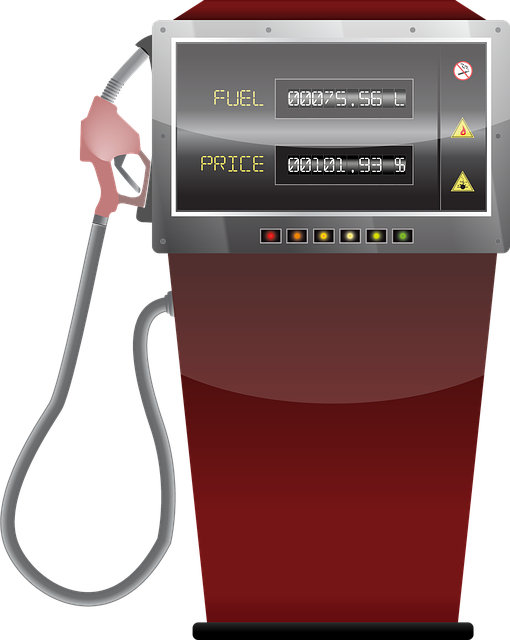
What is FSC in Trucking?
FSC stands for “Fuel Surcharge.” This essential component plays a crucial role in adapting freight transportation costs to the fluctuating prices of fuel in the market. Fuel, being a substantial expense in the trucking industry, often experiences price variations due to factors such as global oil markets, geopolitical tensions, and seasonal demand shifts.
The concept of FSC emerged as a mechanism to address the volatility in fuel prices, providing a way for carriers and shippers to navigate these fluctuations. It acts as an additional charge or adjustment on top of the base freight rate, allowing carriers to account for fuel cost variations without frequently adjusting the entire rate structure.
FSC is typically calculated as a percentage of the base rate or as a set amount per mile, varying based on the current fuel prices compared to a predetermined baseline. As fuel prices rise or fall, the FSC percentage or amount fluctuates accordingly, providing carriers with some stability in covering their fuel expenses.

Fuel Surcharge
Understanding FSC is essential for shippers, as it directly impacts the overall transportation costs. While FSC ensures carriers can adapt to fuel price changes without constantly renegotiating rates, it’s crucial for shippers to stay informed about FSC calculations and industry standards. This knowledge enables them to anticipate and budget for potential fluctuations in transportation expenses.
At Translogistics (TLI), we recognize the significance of FSC in the trucking industry. Our commitment to transparency and efficiency ensures that both carriers and shippers comprehend the nuances of FSC and its impact on their logistics operations. Through our comprehensive solutions and expertise, we empower our esteemed shipper partners to navigate the complexities of fuel surcharges while optimizing their transportation strategies. TLI consistently has been able to negotiate FSC discounts that are lower than the industry average. We find that carriers are willing to focus on linehaul negotiations when they do not need to hedge their FSC volatility.

Fuel Surcharge Technology
Understanding FSC isn’t just about comprehending an industry term; it’s about gaining insight into a crucial aspect of logistics cost management. At TLI, we aim to demystify FSC and empower our partners with the knowledge and tools needed to make informed decisions, ensuring smoother and more cost-effective transportation processes.
Our Transportation Management System (TMS) isn't just about streamlining operations—it's about empowering shippers with transparency and cost control, especially when it comes to fuel surcharges (FSC). TLI's TMS breaks down FSC costs for shippers, offering unparalleled visibility into this crucial aspect of transportation expenses. We understand that FSC fluctuations can significantly impact overall costs. That's why our system provides a clear breakdown, ensuring shippers comprehend and budget for these variations.
But that's not all. When it comes to carrier sourcing and RFP (Request for Proposal) work, TLI takes a unique approach. We prioritize negotiating line haul discounts, while strategically ensuring FSC remains neutral for carriers. We prevent FSC from becoming a profit center for carriers, aligning it closely with fair market rates. This strategy not only ensures carriers aren’t incentivized to inflate FSC but also allows for agility in adapting to market fuel rate changes without the need for extensive hedging.
Our approach pays off for our partners. TLI consistently operates significantly below the industry average for freight fuel surcharge costs. Our contracts are designed to prevent FSC from becoming an exploitative profit center, enabling us to secure better rates and pass these savings on to our valued partners.
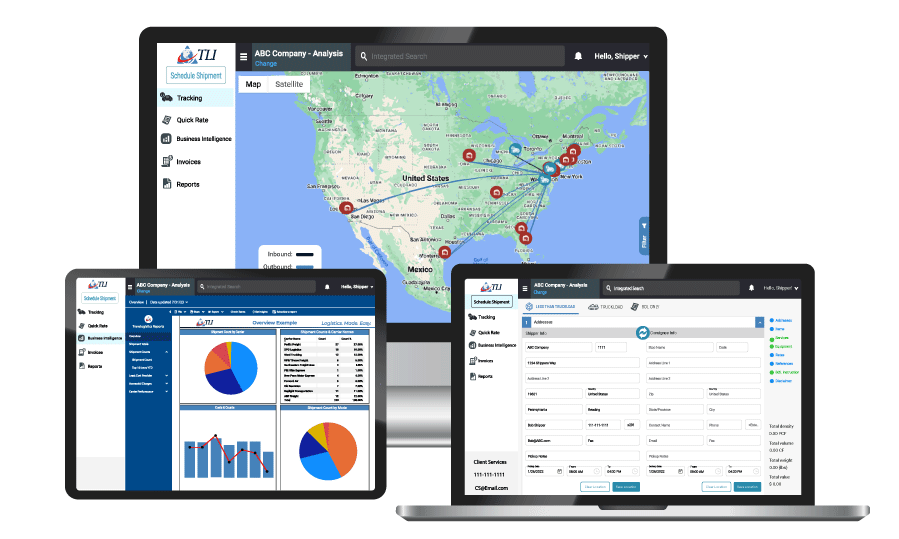
Fuel Surcharge Optimization
Our TMS system isn't an isolated program; it's a catalyst for transformation when seamlessly integrated into your ERP. This integration isn't merely about data synchronization; it's about empowering you with a holistic view of your supply chain. By integrating our TMS into your ERP, you gain access to a treasure trove of supply chain analytics. Measure your FSC costs, track key performance indicators, and gain insights into various metrics critical for your operations. Remember, you cannot improve what you do not measure. TLI ensures that you have the tools and visibility to measure, analyze, and optimize your logistics consistently, providing a competitive edge in a dynamic market landscape.
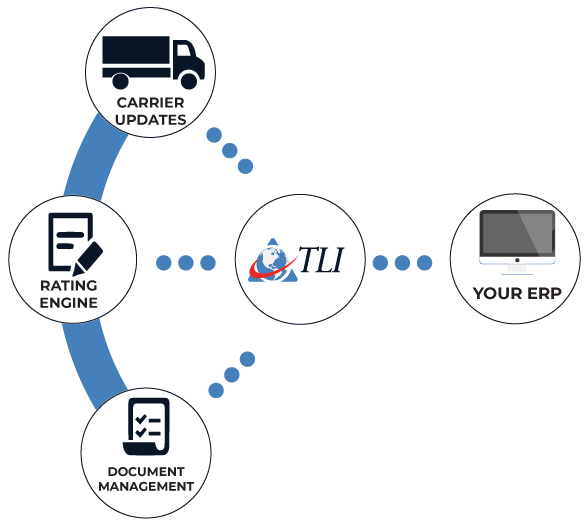
FSC in Trucking
Fuel prices can be unpredictable and fluctuate significantly over time. When fuel prices rise, carriers must pay more to fuel their vehicles, which increases their operating costs. A fuel surcharge allows carriers to pass on a portion of these increased costs to their customers without consistently raising their linehaul fees to hedge for the unknown cost of fuel.
For shippers, understanding fuel surcharges is important because the FSC (Fuel Surcharge) can have a significant impact on the overall cost of shipping goods. Fuel surcharges can vary depending on the carrier, the mode of transportation, and the mileage of the shipment. Additionally, fuel surcharges can change frequently, so it's important for shippers to stay informed about the current surcharge rates and to factor them into their shipping costs.

One way for shippers to stay informed about fuel surcharges is to partner together with a third-party logistics provider (3PL) offering managed transportation services. 3PLs can help shippers stay informed about fuel surcharge rates as they will negotiate with carriers to get the best possible value for the shipper. Having a fair FSC at current market rates enables the carrier to cover their cost, and protects the shipper from paying a large premium in their linehaul. When the FSC is priced under market, carriers will refuse tenders or raise their linehaul costs. If the FSC is priced above market then shipper is paying into a profit center for the carrier. The best method is to partner with a logistics solutions provider (LSP) like TLI who will make the FSC float based off current market rates updated regularly by the DOE.

Origins of Fuel Surcharge
Fuel Surcharge Reduction
Shippers can also take steps to reduce their fuel surcharge costs. For example, they can optimize their shipping routes and consolidate shipments to reduce the distance of their shipments and thus the fuel surcharge. They can also work with their carrier to implement fuel-efficient practices, such as using lighter packaging and reducing idling time by loading the carrier quickly upon arrival.
Carriers can improve their fuel consumption by ensuring their tires are properly filled, A/C is turned off when not in use, and keeping a consistent highway speed near 55. Every mile/hour over 55mph consumes an additional 0.1 miles per gallon drop in fuel economy. I.e. if your truck gets 7 miles per gallon at 55 mph, it will only get 5.5 miles per gallon at 70 mph. Unnecessary acceleration will also increase wear on equipment, as frequent braking will also impact fuel consumption and lower the life cycle of brake shoes.
In conclusion, a fuel surcharge is an additional fee added to the base rate of shipping goods to account for fluctuating fuel prices. It is an important consideration for shippers when estimating the cost of shipping goods. Shippers should stay informed about current fuel surcharge rates, partner with an honest 3PL, and take steps to reduce their fuel surcharge costs.
TLI Insights
Get the latest logistics insights and tips from TLI's award-winning team. Stay ahead in transportation planning.
Questions? Email us at marketing@shiptli.com



